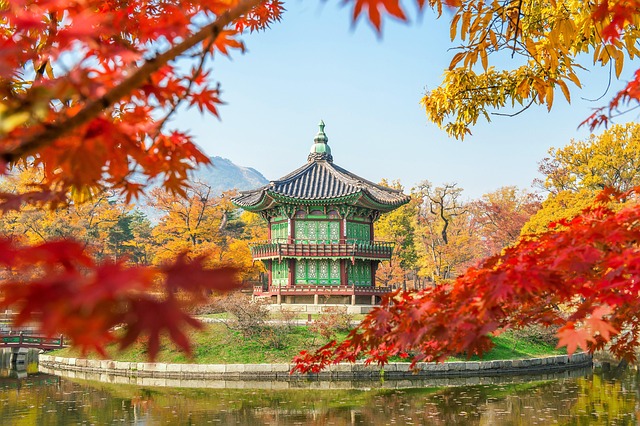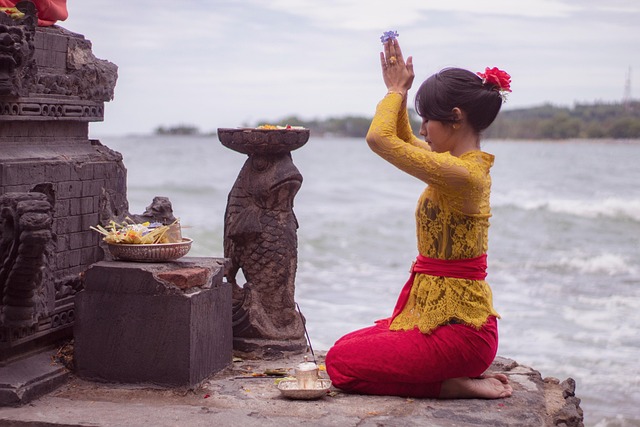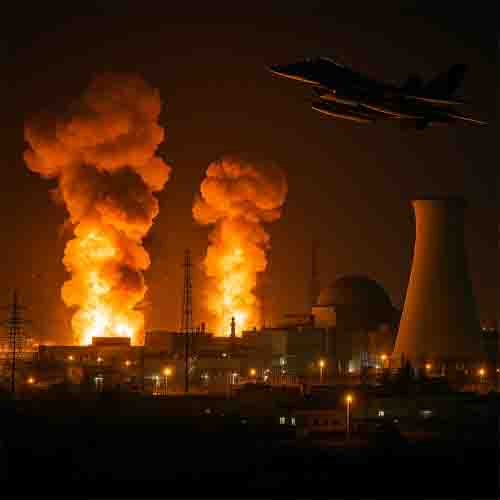
Korea is a nation rich in history, tradition, and vibrant modern culture. From ancient palaces and traditional hanbok clothing to K-pop sensations and innovative technology, Korean culture offers a fascinating journey through time and innovation. Whether you’re curious about Korean food, language, festivals, or entertainment, Korea’s culture is a unique blend that continues to captivate people worldwide.
Let’s explore the diverse elements that make Korean culture so special.
1. Traditional Heritage and Values
Korean culture is deeply rooted in Confucianism, which emphasizes respect for elders, family loyalty, and harmony in society.
Key Values:
- Filial piety: Respect and care for parents and ancestors
- Community and family: Strong bonds and social responsibility
- Etiquette and politeness: Bowing and formal speech show respect
These values influence Korean daily life, social interactions, and festivals.
2. Language: Hangul
One of Korea’s greatest cultural achievements is its writing system, Hangul, created in the 15th century by King Sejong the Great.
Why Hangul is Special:
- Simple and scientific alphabet with 24 letters
- Easy to learn, boosting literacy rates
- A source of national pride
Korean is spoken by over 80 million people worldwide, including North and South Korea and diaspora communities.
3. Korean Food: A Flavorful Experience
Korean cuisine is famous for its bold flavors, fermentation, and health benefits.
Popular Dishes:
- Kimchi: Fermented vegetables, often spicy and sour
- Bibimbap: Mixed rice with vegetables, meat, and chili paste
- Bulgogi: Marinated grilled beef
- Tteokbokki: Spicy rice cakes
- Korean BBQ: Grilling meat at the table with friends and family
Meals often emphasize balance, variety, and communal eating.
4. Traditional Clothing: Hanbok
The hanbok is the traditional Korean dress, characterized by vibrant colors and elegant lines.
When is Hanbok Worn?
- Festivals and holidays like Chuseok (harvest festival) and Seollal (Lunar New Year)
- Weddings and special ceremonies
Hanbok designs vary for men, women, and children and reflect Korea’s cultural history.
5. Korean Festivals and Holidays
Korean culture celebrates several important holidays and festivals that bring communities together.
Major Festivals:
- Seollal (Lunar New Year): Family gatherings, traditional games, and ancestral rites
- Chuseok (Harvest Festival): Giving thanks and sharing food with family
- Buddha’s Birthday: Colorful lantern festivals and temple visits
- Dano Festival: Traditional games and rituals to welcome summer
Festivals reflect Korea’s connection to nature, family, and spirituality.
6. Modern Korean Pop Culture
Korea has become a global cultural powerhouse through its K-pop music, dramas (K-dramas), and films.
Highlights:
- K-pop groups like BTS and BLACKPINK have massive international fanbases.
- K-dramas attract millions worldwide with their emotional storytelling.
- Korean cinema has gained global recognition, winning awards at major festivals.
This modern wave, known as the Korean Wave (Hallyu), has boosted Korea’s cultural influence worldwide.
7. Arts and Crafts
Korean traditional arts include:
- Ceramics and pottery: Renowned for delicate celadon and porcelain
- Calligraphy: Beautiful brushwork combining art and language
- Paper crafts (Hanji): Made from mulberry trees, used in lamps and art
- Music and dance: Traditional instruments like the gayageum and pansori storytelling
These art forms reflect Korea’s deep appreciation for beauty and expression.
8. Architecture and Historical Sites
Korean architecture blends natural harmony with functionality.
Notable Sites:
- Gyeongbokgung Palace in Seoul: A symbol of Korea’s royal history
- Bulguksa Temple: UNESCO World Heritage site showcasing Buddhist art
- Hanok Villages: Traditional wooden houses with curved roofs
Modern Korean cities mix sleek skyscrapers with preserved historic districts.
Conclusion
Korean culture is a vibrant tapestry of ancient traditions and modern innovation. Whether through its food, music, festivals, or respect for family, Korea offers a unique cultural experience that resonates across generations and borders.
By exploring Korean culture, we gain insight into a society that honors its past while embracing the future — a true blend of the old and the new.

